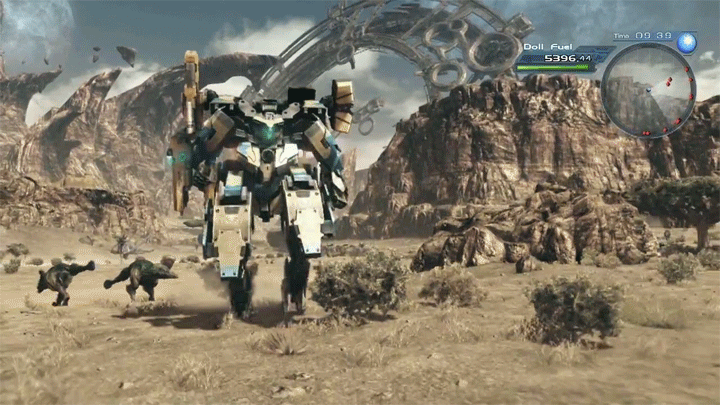deadish said:
To developers, yes. To consumers, no.
The shift to using x86 was partly driven by the need to cut cost, custom design chips are expensive - especially if you do it from scratch. Why bother when there are companies like AMD willing and eager to license their CPU and GPU technology to you?
The other component to the shift is developer pressure. Publishers want to do multiplatform titles, there isn't much console manufacturers can do to stop them. You either make it easy to multiplatform or developers will do a shitty job on your port or not bother to port at all - depending on your install base.
To consumers, a console is a console. You don't need to install antivirus. No updating of graphic/motherboard/whatever drivers - just the close to automatic updating of the OS; you don't even have to do it online as games normally come with the latest OS on the disc and will update the console if it's out of date. You plug it into your TV, then that's it. If you have any problems, it's either a your unit is defective or the developers fucked up - it's never your fault and you never have to do any troubleshooting.
If those points are there solely for the developers' sake then they had no reason to state them at consumer media events, which they have. And that's still completely ignoring that Microsoft is NOT selling the system as a gaming console but as a multimedia device. Looking at any of their presentations to date, the One is not a gaming console at all, it's Microsoft's big shiny new cable box and social media machine... oh yeah it also plays Call of Duty and Titanfall.
It really isn't all that hard or complicated to work with a PC and all of the parts upgrades can be done on similar time intervals to console launches unless for whatever reason you feel compelled to always be on the cutting edge, but if you're fine with console capabilities you'd obviously feel no need to.
Most PC games these days are bought, downloaded and installed with the same level of ease as their console counterparts, especially with services like Steam, GoG, and Green Man where updates (even ones to drivers) and patches are automatically done on start up or there's a button on the launcher that does it all for you with one click. You can even use a controller and plug it into a TV if you'd like and never have to deal with a monopolized store, or subscription fees. There tends to be significantly better with deprecation of value since they've been dealing with a digital market much longer. It also has one more distinct advantage with online games, on consoles if the developer decides to shut down servers you're simply out of luck while with pc you can just set up your own or find someone else who has.
What's more, if a game does have bugs then chances are patches are coming to the pc days, weeks, hell possibly even months ahead of the console versions because anybody can do it.
Oh, and if you get hacked or get a virus then 99% of the time that is your fault so the antivirus thing is hardly an argument.

